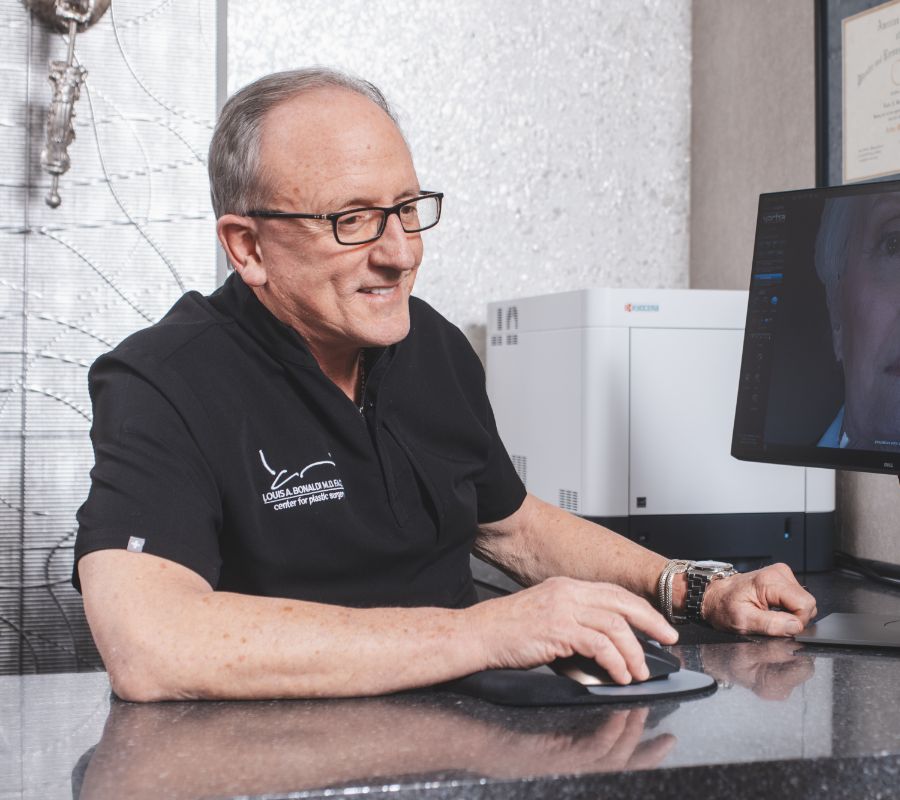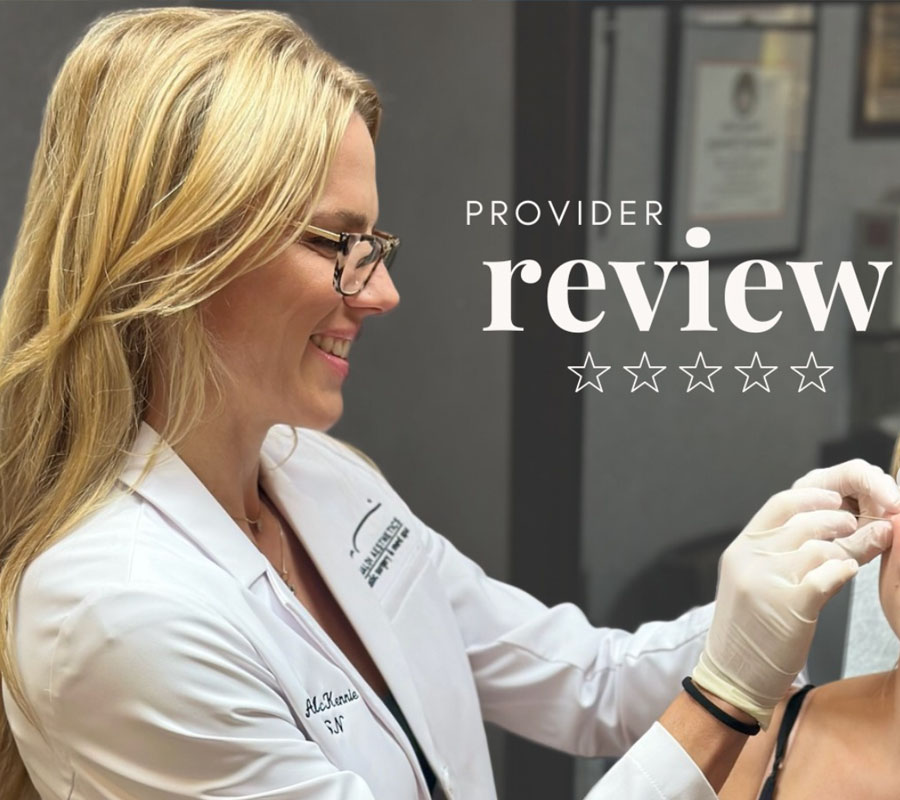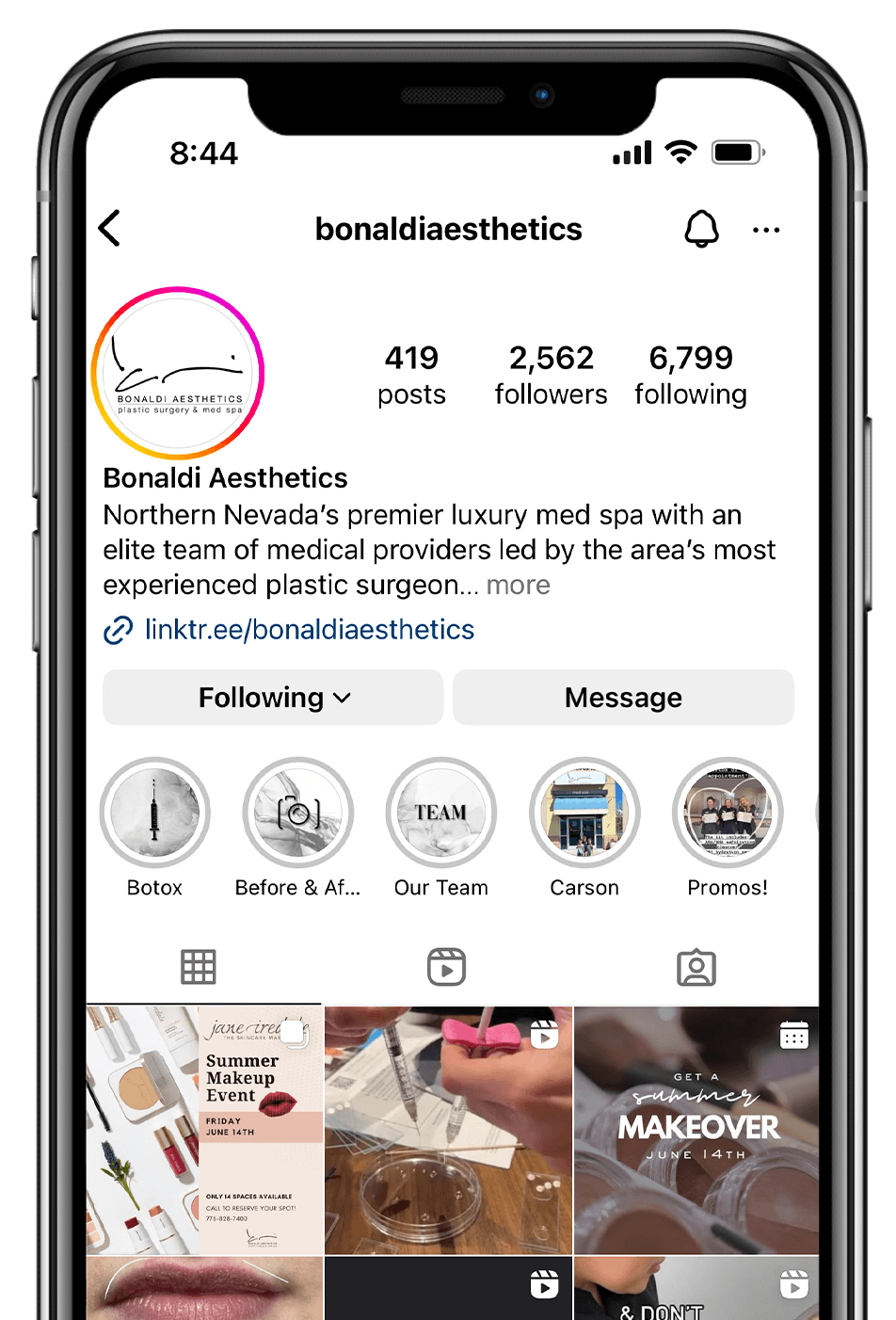June 29, 2017 | Gynecomastia
2 minute read
 Gynecomastia is the technical term for enlarged male breasts. The condition is quite common among infants, teenaged boys, and adult men of all ages, and it can be a major source of embarrassment or psychological distress. To determine if corrective surgery is worth your time and investment, you must weigh several factors, which are discussed below. Of course, you can arrive at the best possible decision once you consult with a qualified plastic surgeon like Dr. Bonaldi who will evaluate your unique circumstances.
Gynecomastia is the technical term for enlarged male breasts. The condition is quite common among infants, teenaged boys, and adult men of all ages, and it can be a major source of embarrassment or psychological distress. To determine if corrective surgery is worth your time and investment, you must weigh several factors, which are discussed below. Of course, you can arrive at the best possible decision once you consult with a qualified plastic surgeon like Dr. Bonaldi who will evaluate your unique circumstances.
Cause
Before choosing gynecomastia surgery, it is critical to determine the cause of your gynecomastia. When the excess tissue has resulted from medications, steroid use, or weight gain, lifestyle changes or other treatment options should be considered before surgery. Excess male breast tissue may contain glandular tissue, or it may be composed primarily of fat. In either case, the fat in this area may be resistant to diet and exercise, and gynecomastia surgery may be a viable option.
Age
Gynecomastia in infants is very normal and will resolve within a few months as the child gets older, so corrective surgery is not usually considered. The same is often true with teenage boys who have seen an increase in breast size during puberty; the chest will appear normal again once their hormones become naturally regulated. However, in cases when the teen is significantly distressed about their appearance and all other treatment options have been exhausted, gynecomastia surgery may be appropriate. Middle-aged men and older men are candidates for the procedure as long as they are in good overall health.
Level of Distress
If gynecomastia weighs heavily on your self-esteem and negatively affects your quality of life, surgery may be a healthy consideration. The procedure is fast, scarring is minimal, and the results are permanent. Patients experience increased confidence as a result of their more masculine chest appearance.
To learn more about gynecomastia surgery or to schedule your consultation, please contact Dr. Bonaldi by calling (775) 828-7400 or by filling out our online contact form.





